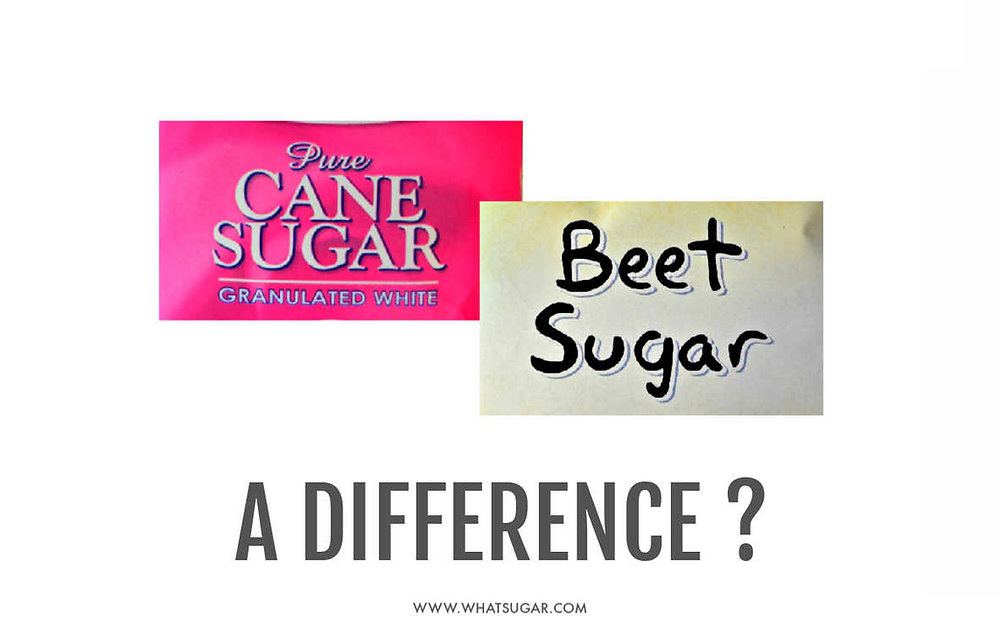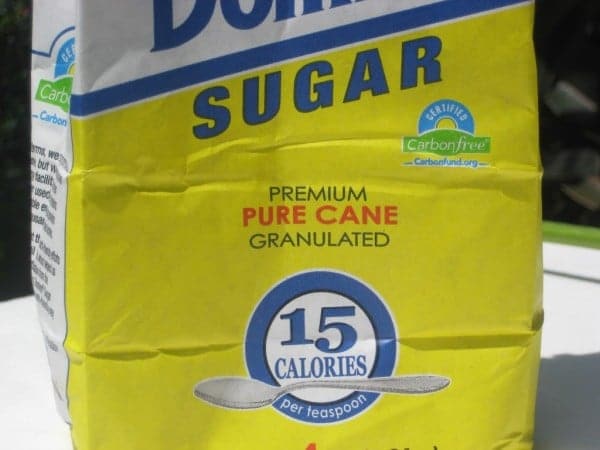Beet Sugar vs Cane: Which Sugar Is the Right Choice for Baking?
Beet Sugar vs Cane: Which Sugar Is the Right Choice for Baking?
Blog Article
Discovering Beetroot Sugar Vs Walking Cane: Nutritional Benefits and Culinary Utilizes
The comparison between beetroot sugar and walking cane sugar expands beyond mere taste and texture, revealing elaborate nutritional accounts and culinary applications that merit mindful assessment. As we discover the nuances of these 2 sugars, it ends up being clear that the ramifications of their usage are much more profound than one could initially think.
Introduction of Beet Sugar
Although both beetroot sugar and walking cane sugar serve similar features in cooking applications, beet sugar is obtained especially from the sugar beet plant (Beta vulgaris), an origin vegetable grown in temperate environments. This process begins with the harvesting of sugar beets, which are then cleaned, sliced, and subjected to extraction strategies to produce sugar-rich juice (beet sugar vs cane). The juice undergoes filtration and formation, resulting in the granulated sugar generally used in industries and houses
Nutritionally, beet sugar is chemically similar to cane sugar, both mainly consisting of sucrose. Nonetheless, beet sugar manufacturing has a tendency to have a lower environmental influence, as sugar beets call for less water and can be expanded in diverse farming conditions. In addition, the cultivation of sugar beets can contribute to crop rotation methods, enhancing dirt health.
Beetroot sugar frequently includes trace quantities of minerals and vitamins, including calcium and potassium, although these are negligible in common usage. In food preparation and cooking, beet sugar executes equivalently to its cane equivalent, making it a versatile sugar. Its neutral flavor profile allows it to be flawlessly integrated into different recipes without altering the intended taste of the end product.
Introduction of Walking Cane Sugar
Walking stick sugar, originated from the sugarcane plant (Saccharum officinarum), accounts for around 70% of international sugar production. This versatile sweetener is cultivated in subtropical and tropical areas, with significant manufacturers including Brazil, India, and China. The removal procedure entails crushing the sugarcane stalks to launch the juice, which is then clarified, evaporated, and crystallized to produce raw walking stick sugar.
Walking stick sugar is identified by its fine, white granules and is typically discovered in both powdered and granulated types. Its taste account is frequently referred to as pleasant and tidy, making it suitable for a large range of culinary applications, from cooking and baking to sweetening drinks.
Along with its cooking usages, walking stick sugar additionally serves as a chemical in jellies and jams, in addition to a fermentation agent in the manufacturing of alcoholic drinks. The sugar is often refined right into various items, including molasses, brownish sugar, and fluid sugar, each offering special qualities that can enhance different recipes. In general, cane sugar continues to be an essential component in kitchen areas worldwide, highlighting its relevance in both culinary traditions and contemporary gastronomy.
Nutritional Contrast
When contrasting beet sugar and walking cane sugar, it is important to assess their nutritional accounts to understand their influences on wellness. Both kinds of sugar are primarily made up of sucrose, which is a disaccharide composed of sugar and fructose. This suggests that, in regards to caloric content, they are nearly the same, supplying around 16 calories per teaspoon.
Nevertheless, there are subtle differences in their processing and mineral content. Beet sugar is often processed making use of bone char, which might not appropriate for vegetarians and vegans, while walking stick sugar can be a lot more straightforwardly improved. In terms of trace element, walking cane sugar may maintain a little extra potassium, magnesium, and calcium because of much less comprehensive handling, though these quantities are minimal contrasted to day-to-day advised intakes.
Furthermore, both sugars add to the exact same health risks when consumed in extreme amounts, such as excessive weight, kind 2 diabetes mellitus, and dental issues. Eventually, the choice between beetroot and walking stick sugar may hinge much more on personal preference or nutritional constraints rather than considerable differences in nutritional value. Comprehending these nuances can assist customers go right here in making educated dietary selections.

Culinary Utilizes of Beetroot Sugar
Beetroot sugar, a versatile sweetener acquired from sugar beetroots, finds many applications in cooking methods - beet sugar vs cane. Its fine-tuned crystals liquify easily, making it a suitable component for baking, cooking, and drink prep work. In the realm of baking, beetroot sugar adds to moisture retention and browning, enhancing the appearance and taste of cookies, breads, and cakes
In addition, its neutral flavor profile allows it to mix perfectly into different recipes without subduing various other ingredients, making it ideal for both savory and sweet dishes. Beetroot sugar can likewise be utilized in marinades, sauces, and dressings, where it balances acidity and improves the total preference.
In drinks, beetroot sugar is typically utilized to sweeten tea, coffee, and mixed drinks, supplying a regular sweetness that complements diverse taste accounts (beet sugar vs cane). In addition, it offers as a preservative in jellies and jams, making sure a steady product with improved life span
Culinary Uses of Cane Sugar
Sweetness is an essential facet of numerous culinary developments, and cane sugar plays a crucial function in attaining that equilibrium. Walking stick sugar boosts tastes in desserts, offering the sweetness crucial for a knockout post cakes, cookies, and pastries.
In tasty dishes, walking stick sugar can stabilize level of acidity and bitterness, boosting the total taste account. It is frequently used in marinades and sauces, where it assists to create an unified blend of wonderful, salty, and umami notes. Furthermore, walking cane sugar is a crucial component in maintaining fruits, as it functions as an all-natural chemical, inhibiting microbial growth.
In drinks, cane sugar is typically liked for sweetening sodas, cocktails, and teas, allowing for a tidy, pure sweetness. Its adaptability makes it a staple in both home cooking areas and expert culinary settings, showcasing its importance in achieving cooking excellence.
Conclusion

The comparison between beet sugar and cane sugar prolongs past simple preference and appearance, exposing detailed nutritional profiles and culinary applications that merit cautious assessment.Although both beetroot sugar and walking stick sugar offer comparable features in culinary applications, beetroot sugar is acquired particularly from the sugar beet plant (Beta vulgaris), an origin veggie cultivated in pleasant climates. Beet sugar production has a tendency to have a reduced ecological effect, as sugar beetroots need less water and can be grown in varied farming try this out problems. The sugar is commonly refined into different products, including molasses, brownish sugar, and fluid sugar, each offering one-of-a-kind qualities that can boost different dishes.Beet sugar, a versatile sweetener obtained from sugar beets, locates numerous applications in cooking techniques.
Report this page